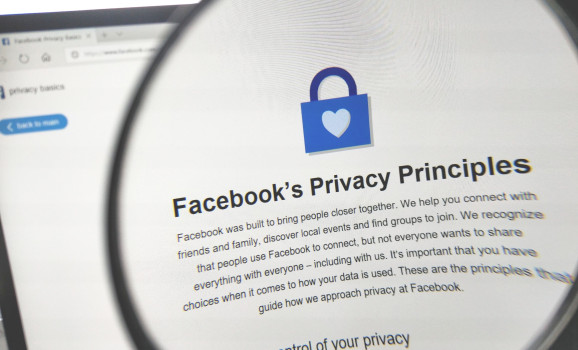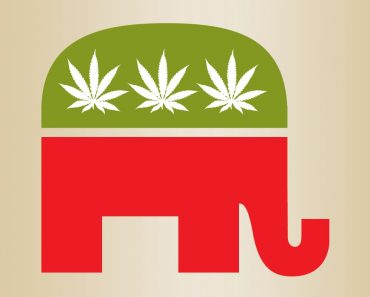
On Wednesday, Mark Zuckerberg dropped a 3,200-word blog post in which he promised to “outline our vision and principles around building a privacy-focused messaging and social networking platform.” I took him seriously, and in the hours after his post was published, contemplated a Facebook that put messaging and privacy first.
My view is that if you accept that Facebook’s News Feed and other feed-based products will eventually fade away, as they have already begun to do in North America, Facebook will need to transform its business completely. Rallying around privacy, encryption, and ephemeral messages — while buying time to build out new businesses around commerce and payments — seems to be as good an idea as any.
One step forward, two policies back
In the aftermath of his post going up, Zuckerberg walked back some of his enthusiasm over this vision of a purely “privacy-focused messaging and social networking platform.” He told Nick Thompson at The Wired:
It’s not that Facebook and Instagram are going to be less important for what they’re doing, it’s just that people sometimes want to interact in a town square, and sometimes they want to interact in the living room, and I think that that’s the next big frontier.
Zuckerberg wants to have his cake, and eat it too: thriving public feeds, and fast-growing private messaging apps. Thompson, in a piece titled “Facebook’s privacy cake” takes the same metaphor and runs with it:
They still have the core Facebook app, Instagram, ‘Like’-buttons scattered across the web — none of that is going away with this announcement. They can very much afford a privacy-centric messaging offering in a way that any would-be challenger could not. Privacy, it turns out, is a competitive advantage for Facebook, not the cudgel the company’s critics hoped it might be.
He goes on:
Stop expecting companies to act against their interests. Facebook isn’t killing their core business any more than Apple, to take a pertinent example, is willing to go to the mat to protect user data in China.
If nothing else, this view explains why Facebook’s stock has been mostly flat since the announcement.
Is it a little too late?
Facebook has put itself in a vise. On one hand it will have its advertisers demanding ever-more intrusive tracking and targeting options, as usual; on the other, there is a large and increasingly dissatisfied user base that has now been promised that the next generation of Facebook products will be private, ephemeral, and regularly purge their data. Whole divisions of Facebook will now be working at cross purposes.
And with each new error around data privacy the world will have a chance to jeer: Remember the pivot to privacy? If the company truly hoped to buy some short-term goodwill at the expense of its long-term credibility, it seems like a bad bargain.
Perhaps, with the threat of a forced breakup of Instagram and WhatsApp looming Zuckerberg felt that his hand was forced — and that he had to justify the unification of the apps’ back-end technology with the most consumer-friendly argument he could find. But if he can’t deliver what he promised — and if data-related scandals continue at the pace of the past 12 months — the “pivot to privacy” will be remembered as an epic folly.
In any case, I found that current and former employees seemed to take the news differently. Current employees tend to endorse that this is a cake-and-eat-it-too situation. But former employees I’ve spoken to take Zuckerberg at his word that he plans to shift the company to a more message- and group-oriented future — and that it will be very, very hard. it done.”)
That’s the thing about having your cake and eating it too. Very few people ever get to.









